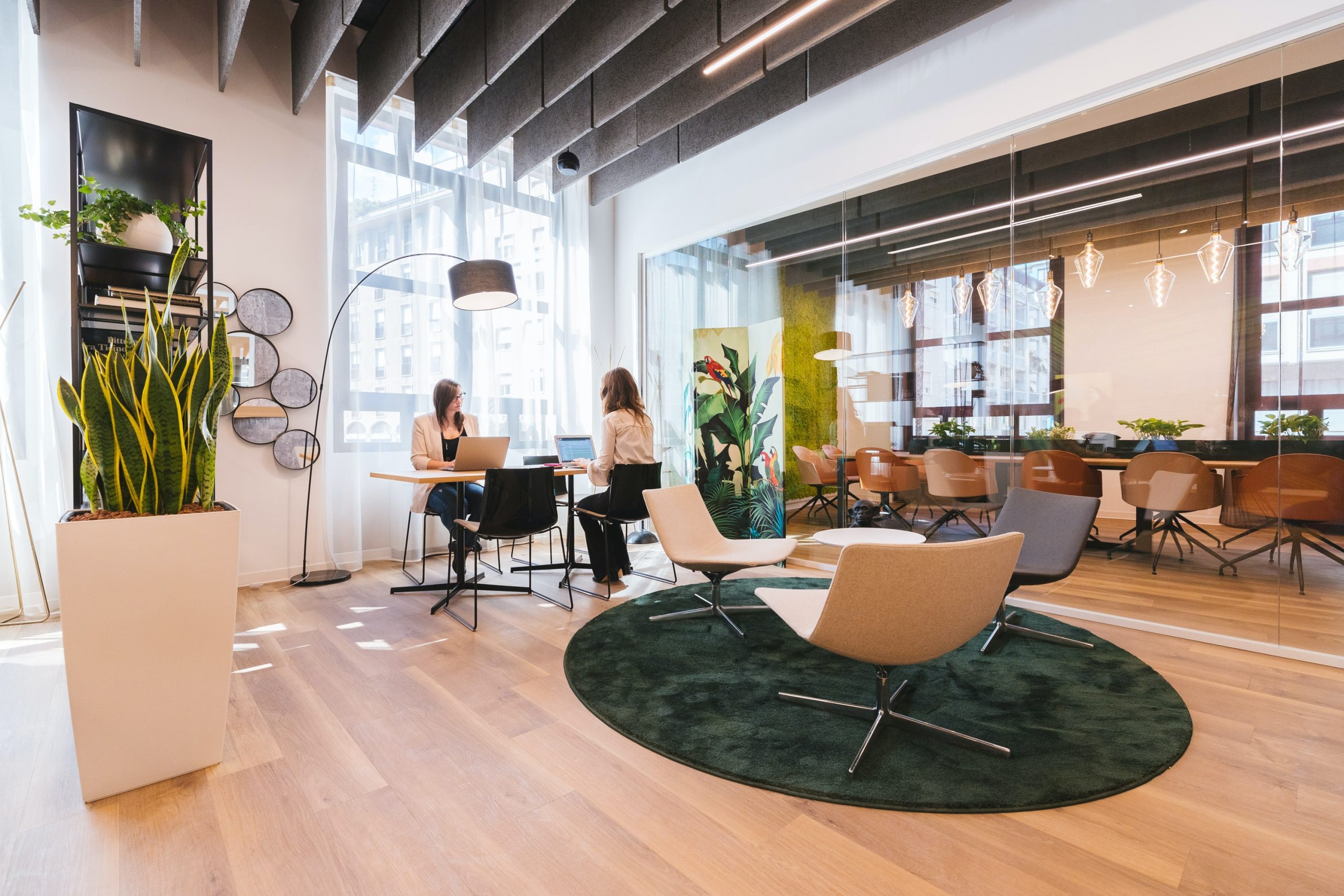In the evolving world of Human Resources, it is crucial to evaluate at the end of each year which strategies have worked and which haven’t. With the continuous evolution of technology and focus on employee mental well-being through corporate mental health programs, HR Managers must proactively align their objectives with emerging trends, ensuring that their organisations remain agile, responsive, and resilient in the face of ongoing changes in the workforce and workplace dynamics.
This article discusses future Human Resources trends to watch out for in the coming year, highlighting their benefits for the workforce and their mental well-being.
Understanding employees’ needs
It’s important to consider the various aspects of this field of work to understand the trends in Human Resources. Contrary to popular belief, it’s a vast and intricate area that extends beyond tasks typically associated with “recruitment”.
There is widespread agreement in the business world about the importance of learning from the experiences of the pandemic and its impact on companies. In essence, a new picture of employee needs and characteristics is being outlined.
These needs and characteristics may have shifted, sometimes significantly, over the past couple of years. Additionally, it’s crucial to recognise that these needs can be expressed in various ways – directly, indirectly, kept private, or even unconscious. Some individuals might still be internally processing, formulating, or becoming aware of these needs. This is why it is key to have an employee incentive programs with mental health solutions to help employees tackle poor mental well-being and discomfort, both inside and outside the workplace.
Taking care of employees throughout their journey in a company is an ongoing job that should always be looked at and prioritised. For a team to work well, we need to see what’s working, learn from mistakes, and figure out what needs to change in managing people. It’s all about working with the most important part of a company – the people who give their time, talent, and effort daily to help the company succeed.
What are the trends for HR in 2024?
There will be a number of growing trends in HR in 2024. However, our team of psychologists has highlighted the top 4, which will greatly impact HR processes, the company’s results, and employees’ mental health.
Integrating AI without losing the human touch
AI will play a pivotal role in HR, driving talent acquisition, predictive analytics, and task automation. This shift allows HR professionals to prioritise strategic workforce management, optimising efficiency, and decision-making. Using artificial intelligence in Human Resources helps to do tasks more accurately, like finding the best candidate for a job opening during the hiring process. Using AI in Human Resources also reduces biases that play a role in preventing discrimination.
However, amidst technological advancements, there’s a growing trend to preserve the human element in HR. Professionals will prioritise personalised experiences, empathetic communication, and supportive environments throughout the employee lifecycle. This approach aims to enhance employee satisfaction and engagement, recognising the importance of a holistic and people-centric HR strategy in the modern workplace.
Fostering DEI strategies
Focusing on DEI strategies should be at the forefront of HR Managers’ strategy. Ensuring everyone feels included and treated fairly at work, regardless of their background, is really important. Human Resources should keep focusing on creating workplaces where everyone feels like a part of the team. They must ensure that when hiring new people, they consider and welcome people from all different backgrounds.
In addition, a DEI strategy shouldn’t simply focus on new hires and those already a part of the workforce, making sure that everyone gets a fair chance to succeed. This means they are putting in rules and processes to make sure decisions about promotions, assignments, and training are fair for everyone. They should regularly check and adjust these rules to keep things fair.
Leadership mental well-being
In the ever-changing business landscape, organisations increasingly recognise the importance of prioritising leaders’ mental well-being. Understanding that C-level executives’ mental well-being significantly influences the business’s overall success, there is a growing trend to embed leaders’ well-being into organisational policies and strategies. This strategic imperative involves providing resources such as leadership development programmes and tailored mental well-being solutions to help leaders navigate their roles.
By investing in the well-being of leaders through an employee well-being platform, organisations aim to improve decision-making, cultivate resilience and create a positive impact that extends throughout the workforce. Prioritising the mental health of C-level executives demonstrates a commitment to employee well-being and fosters an environment where leaders feel supported, contributing to the company’s sustainable success.
Boost employees’ mental well-being through solutions
In the future of HR management, improving employee mental well-being will be a central priority to be proactively emphasised (if it already isn’t). Recognising the substantial impact of mental health on individual performance and overall organisational success, HR strategies will be geared towards comprehensive initiatives to foster a supportive and thriving work environment.
To address various aspects of mental well-being, organisations will invest in comprehensive mental health solutions, incorporating workshops, resources, and therapy to raise awareness, build coping capacities, and manage stress. By creating a culture that prioritises mental well-being, HR aims to build an environment where employees feel encouraged to seek support and are equipped to deal effectively with challenges.
Nurturing mental well-being at work
By offering mental well-being support through solutions, HR managers can prevent mental health issues from arising in the first place. This support will help employees seek support and improve their overall employee experience. Moreover, employees who feel comfortable and confident in the workplace are more likely to be motivated and engaged, contributing to the company’s overall success.
Focusing on employees’ mental well-being should not just be a trend; it’s a new way of thinking for HR, showing how important it is for workplaces to care about mental health, productivity, and performance.









